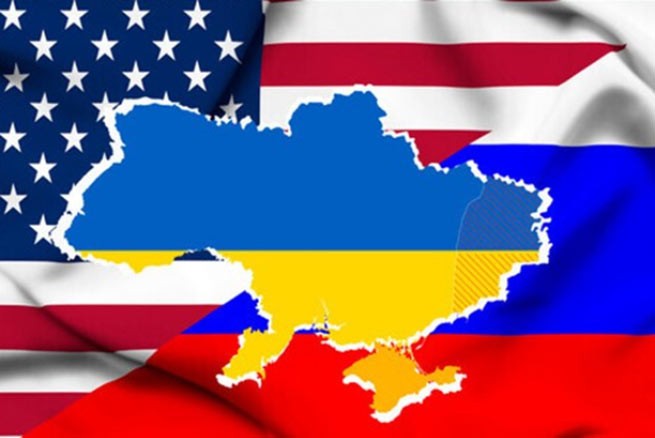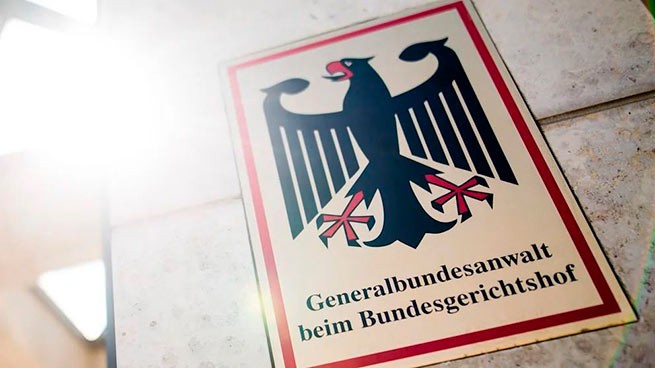Today in Spain comes into force the law on euthanasia, which makes the country one of the few where patients suffering from incurable diseases can voluntarily die with the help of medical personnel.
The legislation “responds to social demand and includes guarantees,” the health ministry said in a statement. Spain became the fourth European country to decriminalize euthanasia, after the Netherlands, Belgium and Luxembourg. The bill was a priority for the government of Spanish Prime Minister Pedro Sánchez and passed by parliament in March.
As you know, in Russia, euthanasia is legally prohibited by Article 45 of Federal Law No. 323 “On the Basics of Health Protection of Citizens in the Russian Federation”, which defines euthanasia as accelerating the death of a patient at his request. From the point of view of the Criminal Code of the Russian Federation, euthanasia is punishable by Article 105.
Euthanasia: two sides of the same coin
The very term “euthanasia” was first used by Francis Bacon in the 16th century to define “an easy death”. Euthanasia is the termination of the life of a person suffering from an incurable disease, experiencing unbearable suffering. Also, “euthanasia” is sometimes called the euthanasia of animals, including laboratory and stray animals. There are two main types of euthanasia: passive euthanasia (intentional cessation of maintenance therapy by physicians) and active euthanasia (administration of medications to a dying person or other actions that lead to a quick and painless death). Active euthanasia is often referred to as suicide with a doctor’s help (giving the patient, at his request, drugs that shorten the life). In addition, it is necessary to distinguish between voluntary and involuntary euthanasia. Voluntary euthanasia is carried out at the request of the patient or with prior consent (for example, in the United States it is common practice to express their will in advance and in a legally reliable form in the event of an irreversible coma). Involuntary euthanasia is carried out without the consent of the patient, usually unconscious. It is carried out on the basis of the decision of relatives, guardians, etc.
Scientists and public figures, experts, cite a number of general arguments “for” and “against” euthanasia concerning its principled admissibility. Let’s take a look at some of them.
“Life is good only when, on the whole, pleasure prevails over suffering, positive emotions prevail over negative ones.” Contrary to this, the argument is made that “the choice is not made between life-suffering and life-good, but between life in the form of suffering and the absence of life in any form.”
Also, “life can be considered a blessing as long as it has a human form, exists in the field of culture, moral relations and rationality,” but “within the framework of a worldview that recognizes life as the highest good, euthanasia is unacceptable.”
In addition toLove of Hippocrates, in its traditional form, contains a ban on facilitating the death: “I will not give anyone the lethal remedy I ask for, and I will not show the way for such a plan …” (Hippocrates).
Passive euthanasia means stopping treatment and allowing the person to die on their own. Active means that the doctor is taking direct action aimed at the death of the patient. The difference between them lies in the approach to killing hopelessly sick people. Passive euthanasia is permitted in more countries than active euthanasia. The patient simply does not want to continue treatment and prefers to die a natural death. In this case, the patient must be of sound mind, and his decision must be justified.
Of course, a person controls his own life and decides what is best for him, but after all, medicine does not stand still, every day new drugs appear that slow down the effect of the disease, and sometimes even completely overcome it. Maybe today you are experiencing unbearable torment, but tomorrow you are glad that you are alive and can breathe. In addition, medicine knows cases when people conquered incurable diseases.
Of course, all this is superficial and not supported by facts, and such a situation can simply be called a “medical miracle”, but we do not know everything about the human body and anything can happen. The doctor’s task is not just to let the patient die, but to carefully weigh everything: analyze the situation, determine the chance of recovery, improve the condition. It often happens that it is not always possible to determine how much a person has left, and doctors can only say: “In your case, people usually live …”.
It is important to maintain not only the health of the body, but also the spirit of the patient. Indeed, in this situation, he may be depressed, he is in despair, and with these words we can kill the last hope in him, and then he may want to resort to euthanasia. Passive euthanasia is always difficult for both the patient and the doctor. As the saying goes, sometimes “the expectation of death is worse than death itself.”
As for doctors, those who strive to save human lives, it is very difficult to passively watch how a patient’s life is leaving.
In the issue of active euthanasia, in addition to all the above aspects, the very essence of the termination of life is added. Whichever way you look at it, injecting a lethal dose of the drug is murder. The practice of euthanasia is the destruction of the very essence of the medical profession. Doctors should not kill: the preservation of human life is the highest value of medical practice. In addition, there is a possibility of its abuse or its unjustified application to an increasing number of people, including for selfish purposes.
According to experts, the legalization of euthanasia has a negative impact on the further development of medicine, as it can significantly weaken the desire of physicians to seek new means of treatment or assistance for incurable diseases and conditions. Perhaps for these reasons, active euthanasia, although sometimes it seems the most worthy and merciful way out, is still prohibited in most countries of the world.






More Stories
Germans from Russia were arrested in Germany on charges of preparing to strike US bases
The New Arab: "US approves possible operation in Rafah in exchange for Israeli refusal to attack Iran"
The population of Ukraine and the Russian Federation is predicted in the coming years